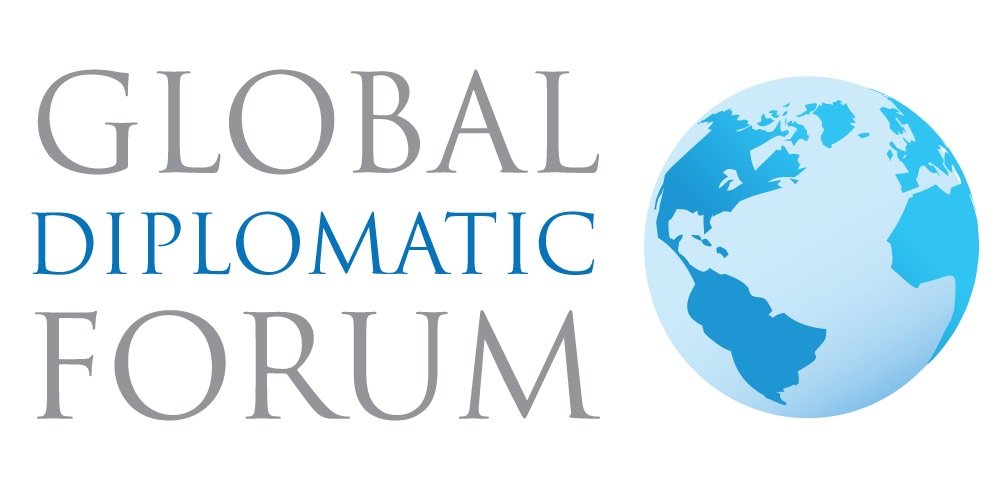Mastering Diplomacy: How Advanced Training Programs Propel Diplomatic Careers to New Heights
Amid the dynamic and rapidly changing landscape of diplomacy, continuous learning and professional development play a critical role in ensuring diplomats are equipped to handle the complexities of international relations
Diplomatic courses, provided by various prestigious institutions worldwide, offer comprehensive training that enables diplomats to excel in their careers. This article explores how these courses contribute to career advancement, focusing on key aspects such as income, productivity, retention, skill development, and the impact of digital diplomacy.
Adapting to Changing Skill Sets
The skill sets required for diplomatic roles have changed significantly, driven by technological advancements and shifting geopolitical landscapes. LinkedIn (2024) notes that the skills needed for jobs have changed by about 25% since 2015, and are expected to change by 50% by 2027. Diplomatic courses ensure that professionals remain adaptable and relevant, keeping pace with these changes and acquiring new competencies essential for their roles.
Meeting Millennials' Expectations
Millennials, who are increasingly entering the diplomatic field, prioritise learning and growth opportunities. According to Devlin Peck (2024), 59% of Millennials consider learning and growth extremely important when applying for jobs. This generation values employers who invest in their continuous development, making training programs a key factor in attracting and retaining young talent.
Impact of Leadership Training
Leadership training is particularly crucial in diplomacy, where effective negotiation, conflict resolution, and strategic decision-making are paramount. ClearCompany (2023) highlights that leadership training can increase participants’ learning capacity by 25% and their performance by 20%. Such training programs help diplomats develop essential leadership qualities, enabling them to manage complex international issues and drive successful outcomes.
Formal Training and Its Effectiveness
Formal training is a cornerstone of diplomatic education, ensuring that professionals are well-prepared for their roles. Devlin Peck (2024) reports that 69.8% of U.S. workers received formal training within the last 12 months. However, it is crucial to ensure the effectiveness of these training programs. While 69.8% reported receiving formal training, a significant portion of employees (43%) found the training they received to be ineffective, underscoring the need for quality and relevant training programs.
Improving Digital Diplomacy
Digital diplomacy has become increasingly important in the modern era, transforming how diplomatic interactions are conducted. Here are several strategies to improve digital diplomacy:
Invest in Technology and Infrastructure: Secure and advanced digital platforms for communication and negotiation are essential. Strengthening cybersecurity measures is critical to protect sensitive diplomatic communications.
Training and Capacity Building: Providing diplomats with training in digital literacy and the effective use of digital tools is vital. Diplomatic academies should offer continuous learning programs to keep diplomats updated on the latest technological advancements.
Strategic Use of Social Media: Engaging with domestic and international audiences through social media enhances transparency and builds trust. Diplomats can share updates, clarify policies, and respond to queries, making diplomacy more accessible and interactive.
Leveraging Data and Analytics: Utilising data analytics to inform diplomatic strategies can lead to more effective outcomes. This includes analysing social media trends, public sentiment, and geopolitical data to guide diplomatic initiatives.
Enhancing Virtual Diplomacy: Organising virtual conferences and summits can reduce costs and logistical challenges while allowing broader participation. Exploring the use of virtual reality (VR) and augmented reality (AR) for immersive diplomatic experiences can add a new dimension to digital diplomacy.
Collaborating with Non-State Actors: Public-private partnerships and collaborations with non-state actors can enhance digital diplomacy efforts. Engaging with multilateral platforms and international organisations can help coordinate efforts and address global challenges collectively.
Diplomatic courses play a crucial role in equipping professionals with the skills and knowledge needed to excel in their careers. These programs enhance income and productivity, boost retention, adapt to changing skill sets, and meet the expectations of younger generations. By incorporating leadership training and improving digital diplomacy, diplomats can navigate the complexities of international relations more effectively. Investing in continuous learning and professional development is essential for maintaining a competitive and skilled diplomatic workforce.
To take your diplomatic career to the next level, we invite you to explore our premium courses at the GDF Academy. Our carefully curated programs are designed to provide you with the advanced skills and knowledge required to excel in international relations and diplomacy. Whether you are looking to enhance your negotiation techniques, develop leadership qualities, or stay ahead with the latest in digital diplomacy, our courses offer comprehensive training to meet your needs. Discover more about how our offerings can transform your career by visiting GDF Academy. Join us in shaping the future of global diplomacy
